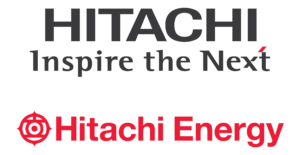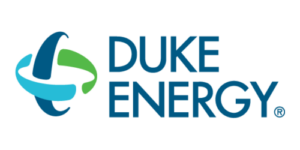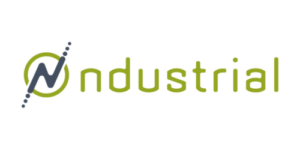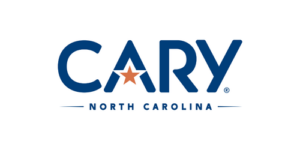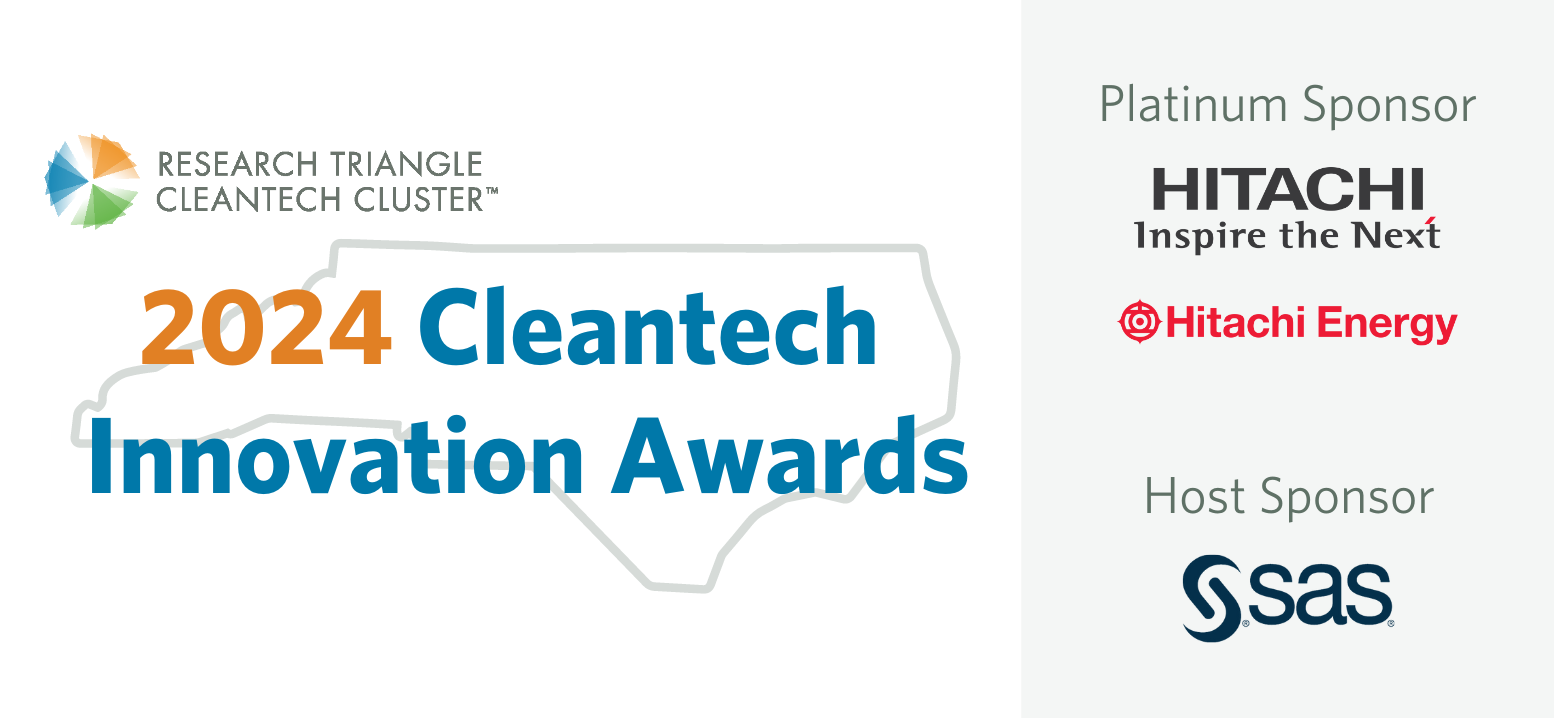
About the Awards
The Research Triangle Cleantech Cluster created the annual Cleantech Innovation Awards to recognize cleantech initiatives, projects, and innovations from companies, organizations, and government agencies that have contributed to the growing cleantech ecosystem in North Carolina.
The awards celebrate a range of creative solutions from water technologies to renewables and new transportation models, among others. The awards will be judged by leaders from the cleantech industry and public sectors. All award nominees will be featured on the event webpage and are invited to attend the Cleantech Innovation Award Ceremony.
The 2024 Cleantech Innovation Award Ceremony was held on Wednesday, November 13 at SAS Institute in Cary, N.C.
Award Categories
Individuals and Small Teams
Cleantech Champion
Recognizes an individual who exemplifies a deep commitment to advancing the cleantech industry in their local community, the Research Triangle region, or statewide.
Achievements may include demonstrated dedication to cleantech innovation or adoption, business expansion or relocation, development of high-impact technology, or spearheading regional/cross-sectoral collaboration to drive innovation.
Cleantech Entrepreneurship Award
Recognizes an individual or team that has demonstrated innovation through the development of new technology or advancing existing technology that has the potential to disrupt traditional industries, create a cleaner planet, and improve the quality of life for people here in North Carolina or around the world.
Cleantech Research Innovation
Recognizes an individual or team from industry or within an institution of higher education that is pursuing a research-based solution to a pressing cleantech challenge.
Examples include the creation of a new technology, working toward commercialization of a research-based cleantech innovation, or spearheading a new collaboration between research and industry.
Organizations
Cleantech Talent Development
Recognizes an organization or initiative that has made a significant contribution to developing talent, providing professional development, or fostering employment opportunities that support the cleantech industry in the region or state.
Examples may include a corporate apprenticeship or internship program, a community college or university certificate in clean technologies, or a K-12 curriculum or outreach program.
Equity in Cleantech
Recognizes an organization or initiative that has demonstrated a strong commitment to equity in the implementation of a cleantech project.
Examples may include deployments that focus specifically on the equitable availability of cleantech solutions, initiatives that address existing inequalities through new cleantech investments, and stakeholder engagement processes specifically designed to promote inclusion in planning or implementation processes.
Diversity in Cleantech
Recognizes an organization or initiative that has made significant contributions to ensuring the cleantech workforce reflects the people it serves, pursues organizational approaches that are inclusive of a wide range of backgrounds and perspectives, or actively supports employees’ sense of belonging within the organization.
Examples may include targeted efforts to help underrepresented groups explore cleantech career opportunities, corporate programs designed to recruit and support underrepresented employees, or inclusion-focused mentoring or networking initiatives.
Cleantech Impact Awards (multiple categories)
Recognize organizations that have made significant impacts through the application of cleantech to create positive impacts for the environment, economy, and residents.
Cleantech Impact: Energy
Recognizes an energy project that applies cleantech to create positive impacts for the environment, economy, and residents.
Examples may include innovations to existing grid infrastructure to enhance resiliency, renewable energy installations, microgrid deployments, or innovative energy efficiency programs.
Cleantech Impact: Transportation
Recognizes a transportation or mobility project that uses innovative cleantech solutions to create positive impacts for the environment, economy, and residents.
Examples may include successful fleet electrification projects, EV charging deployments, microtransit initiatives, or efforts to enhance the energy efficiency of mass transit systems.
Cleantech Impact: Water
Recognizes a water, wastewater, or stormwater project that applies cleantech solutions to create positive impacts for the environment, economy, and residents.
Examples may include deployment of smart metering solutions at scale, application of data to identify opportunities for water conservation, or innovative technology deployments that improve water quality and the environment.
Cleantech Impact: Local Government
Recognizes a local government that has effectively leveraged resources and partnerships to complete an innovative project or initiative deploying cleantech solutions to create positive impacts for the environment, economy, and residents.
Examples may include smart city technology deployments, collaborative stormwater management agreements, or cross-departmental teams addressing climate change or cleantech adoption or deployment.
Cleantech Impact: Economic Development
* Awarded at RTCC discretion, not part of official nomination and judging process
Recognizes a cleantech organization that has accelerated economic growth in the region or state.
Examples may include a cleantech business that has relocated to the region or state, an organization that has made a significant impact through the application of clean technologies, or an organization that has enabled cleantech economic growth.
About the Event
The 2024 Cleantech Innovation Award Ceremony was held on Wednesday, November 13 at SAS Institute in Cary, N.C.
In addition to the awards ceremony itself, this fantastic event included speakers and networking opportunities with hors d’oeuvres, beer, and wine included.
Thank you to everyone who joined us for this unique opportunity to connect with over 200 cleantech leaders to celebrate the great accomplishments in cleantech from the Research Triangle region and across the state!
Meet Our Speakers
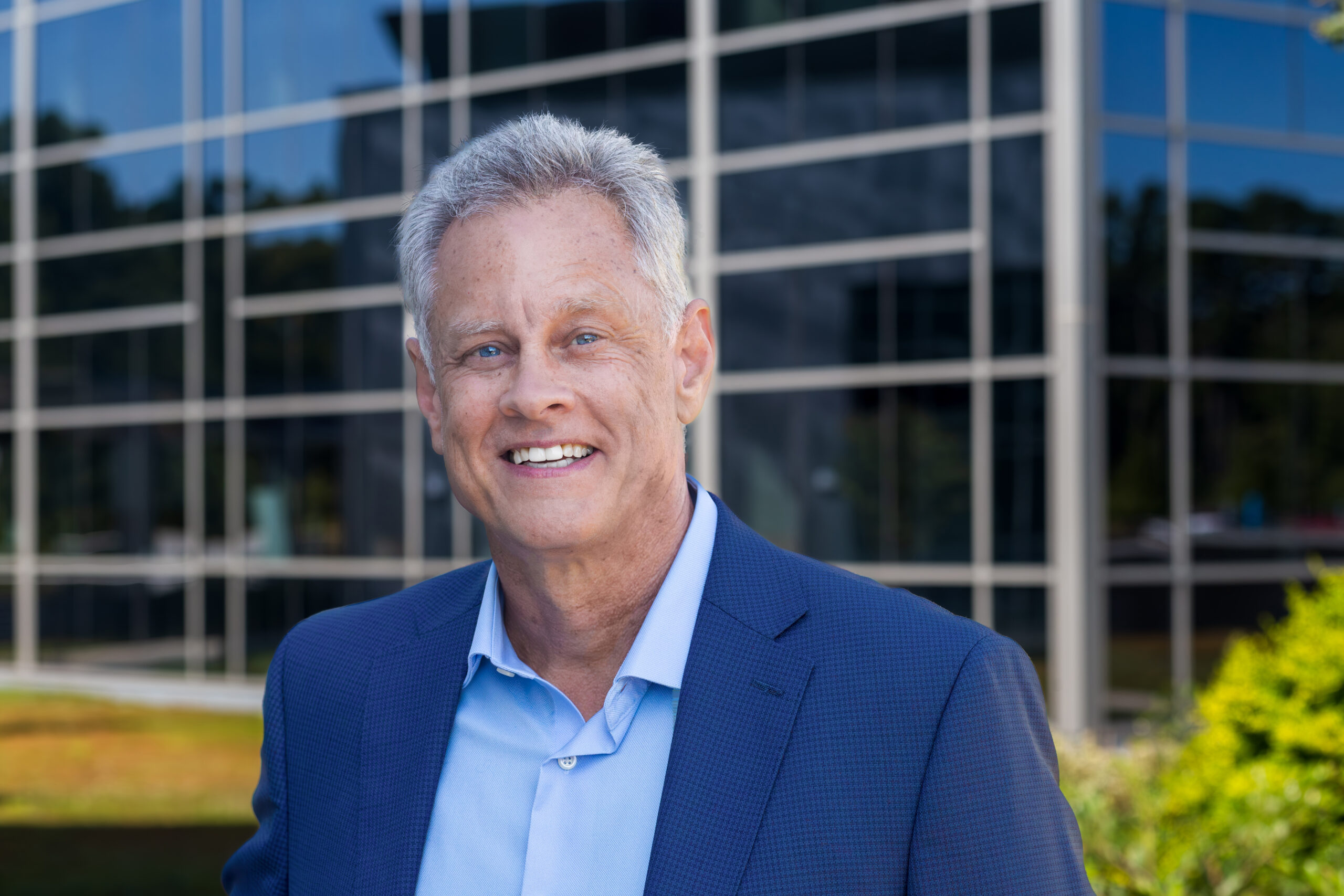
Jerry Williams
Host Sponsor Remarks
Chief Environmental Officer, SAS
As Chief Environmental Officer, Jerry Williams helps lead the development and execution of SAS’ sustainability strategy across operations worldwide. He uses SAS analytic solutions to manage the company’s global operational data, report Environmental, Social and Governance (ESG) performance, identify risks and opportunities, and ensure SAS is compliant with rapidly emerging environmental regulations.
Jerry is a primary facilitator of smart campus and environmental initiatives at SAS and key contributor to ongoing resource efficiency programs. In the community, he is often asked to speak about the urgency of addressing climate change, the benefits of a clean energy economy, plug-in electric vehicle infrastructure, LEED certification, solar and other corporate sustainability initiatives to a wide range of municipal, education and legislative audiences. He actively fosters collaboration and engagement across operations through the deployment of SAS Visual Analytics reporting to front line subject matter experts.

Kristen Koch
Platinum Sponsor Remarks
VP, Talent & Learning Leader, Americas, Hitachi Energy
Kristen is responsible for Talent Acquisition, Talent Management, Learning & Development, Employer Branding, and DEI for Hitachi Energy in North and South America.
Kristen has over 18 years of experience in HR and has been with the company for almost 15 years, including starting with the company as an intern. Prior to her current role, she worked as a senior HR business partner and held regional HR leadership roles. She also spent three years as a Talent Manager in Switzerland.
Kristen holds a Bachelor of Business Administration and a Bachelor of Arts in Psychology from the University of Notre Dame. She has an executive education certificate from the Wharton School at the University of Pennsylvania. Kristen is also on the board executive committee for Make-A-Wish Eastern North Carolina. She has a passion for people, leadership and travel, having visited all 50 states and 54 countries. She lives with her husband and dog Nellie in Raleigh, North Carolina.

Kendal Bowman
Fireside Chat
State President – North Carolina, Duke Energy
Kendal Bowman is president of Duke Energy’s utility operations in North Carolina, which serves approximately 3.7 million electric retail customers and 786,000 natural gas customers. She is responsible for the performance of Duke Energy’s regulated utilities in North Carolina, along with leading state and local regulatory and government relations, and community affairs. She also manages continued efforts to engage and work with customers and stakeholders across many topics, including North Carolina’s clean energy transition.
Before assuming her current position in January 2023, Bowman served as Duke Energy’s vice president of regulatory affairs and policy for North Carolina. In this role, she managed the company’s presence in all North Carolina regulatory matters before the North Carolina Utilities Commission (NCUC). She provided leadership and direction in the development and implementation of public policy that is in the best interest of the customers and communities served by Duke Energy. Bowman worked closely with policymakers and other stakeholders to find working, sustainable solutions to energy policy needs. In addition, she served as the company’s regulatory policy witness in proceedings before the NCUC and other regulatory bodies.
Prior to that, Bowman served as deputy general counsel for Duke Energy, managing all legal state regulatory functions for North Carolina. Earlier, she was associate general counsel for Progress Energy, supporting all state regulatory functions for North Carolina and South Carolina. She also spent a decade leading the federal regulatory affairs group and was responsible for all Federal Energy Regulatory Commission (FERC), legal, policy and compliance matters for Progress Energy Carolinas and Progress Energy Florida. Bowman has been with the company since 1999. Prior to joining Progress Energy, Bowman was an attorney for Florida Power Corporation.
Bowman serves on the boards of directors of the NC Chamber and E4 Carolinas. She also serves on the national advisory board and the Policy & Program Committee of the Institute for Emerging Issues at NC State University. Bowman is an alum of Leadership North Carolina class of 2015 and the University of North Carolina at Chapel Hill Kenan-Flagler Business School Leadership Development Program.
Bowman earned a Bachelor of Arts in psychology from the University of Virginia and a Juris Doctor degree from Stetson University College of Law. She is admitted to the state bars in North Carolina and Florida. Bowman and her husband, Bret, have a daughter and twin sons.

Jason Norman
Lightning Talk
Vice President
RTI Innovation Advisors
Jason Norman is the business head of RTI’s Innovation Advisors, where he leads innovation strategies that have successfully commercialized products for a wide range of clients, including Fortune 100 companies. His team’s user-centered approach, paired with expertise in innovation foresight, technology insights, and commercialization methodologies, has been key to their ongoing success.
Jason has a proven track record in developing and commercializing environmental and process technologies in the energy, chemicals and oil and gas sectors. He has held senior R&D leadership positions at BOC and Linde Gases and served as CTO of a climate tech startup specializing in nanocatalysts. His experience in corporate strategy and business development has provided him with a deep understanding of the challenges involved in bringing new products and services from concept to market.
Jason holds a PhD and a Masters in Fuel and Energy Engineering from Leeds University, UK.

Nicole Niwa
Lightning Talk
Manager of Alliance Development & Social Responsibility, Novo Nordisk
Nicole Niwa is the Manager of Alliance Development & Social Responsibility at Novo Nordisk. She leads new partnerships to ensure that Novo Nordisk is prepared for future growth with resilient talent pipelines, infrastructure, and sustainability programs/partnerships for its four manufacturing sites across the Triangle Region. Her team also leads Novo Nordisk’s community relations priorities in North Carolina, demonstrating Novo Nordisk’s commitment to the communities in which it operates. Nicole and her family recently moved to Garner. They love being outdoors, traveling, volunteering in the community, and Disney.

Jeremy Keltner
Lightning Talk
Industrial Symbiosis Project Manager, Novo Nordisk
Jeremy Keltner is the Industrial Symbiosis Project Manager at Novo Nordisk. He leads implementation of industrial clustering opportunities in Clayton and supports building and promoting collaboration across industries to ensure sustainable growth across the region. Prior to joining Novo Nordisk, he spent time in Naval nuclear as a submarine officer and in various roles in the commercial nuclear industry. Jeremy resides with his wife in Holly Springs where they are adjusting to being empty nesters. Their son attends UNCG currently studying to be a nurse. Jeremy enjoys hiking, home improvement projects and playing with his dog, Jeff.
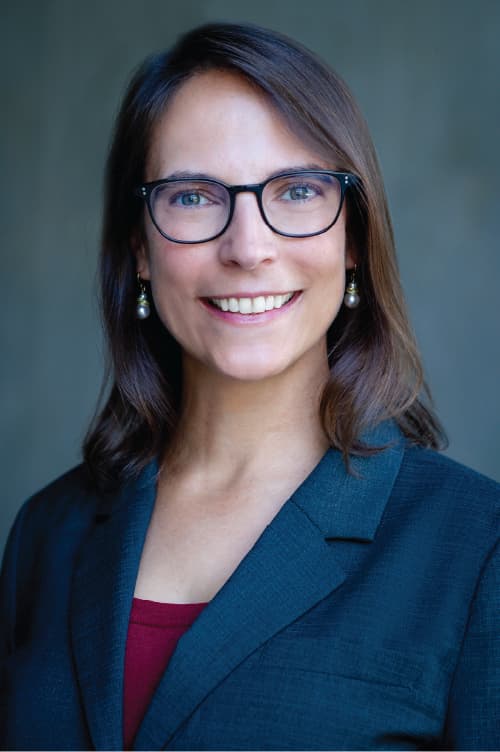
Dr. Deb Wojcik
Executive Director, Research Triangle Cleantech Cluster
Deb Wojcik joined the Research Triangle Cleantech Cluster as Executive Director in August 2021. She brings over 20 years of experience in program leadership and development, stakeholder engagement and network building, career and professional development, and environmental education and communication.
Deb has worked extensively to build strong relationships across sectors and effectively address complex challenges through creativity and collaboration. She has developed and managed innovative programs at the Pratt School of Engineering and the Nicholas School of the Environment of Duke University, Stanford University, University of Florida, North Carolina Coastal Federation, North Carolina National Estuarine Research Reserve, and with technology companies.
Deb earned a PhD from the University of Florida focused on adaptive management of resources and stakeholder education and engagement. Her doctoral research focused on using a network approach to understand communication flows and decision making around water and wildlife resources in the Okavango Delta of Botswana. She was a postdoctoral scholar at Stanford University and holds Master of Environmental Management, Master of Arts in Teaching, and Bachelor of Science degrees from Duke University.
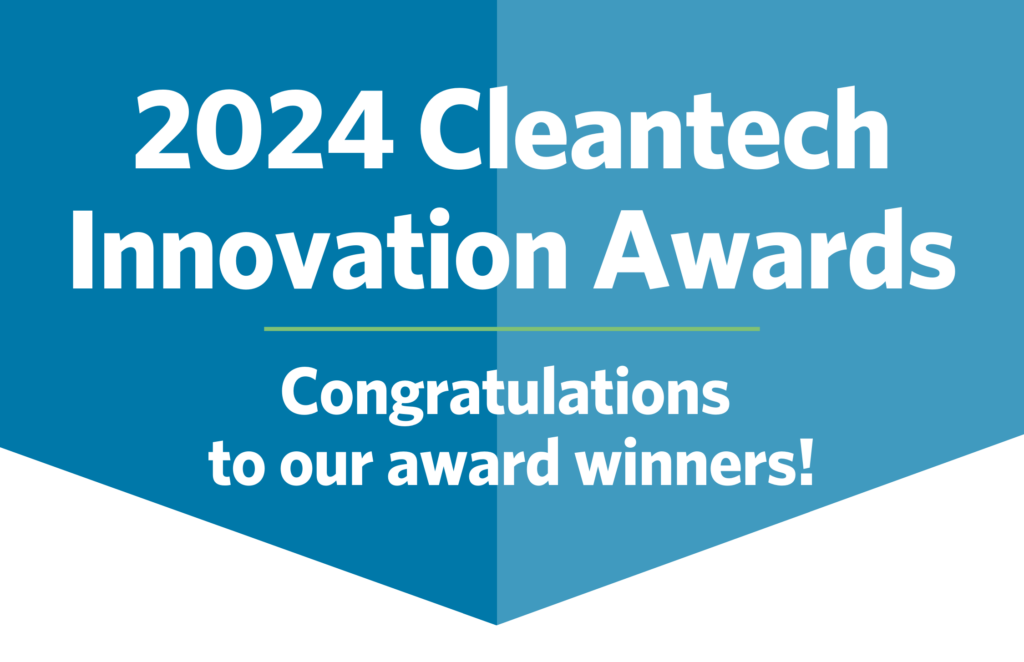
Cleantech Champion
Recognizes an individual who exemplifies a deep commitment to advancing the cleantech industry in their local community, the Research Triangle region, or statewide.
Winner: Tim Fairchild
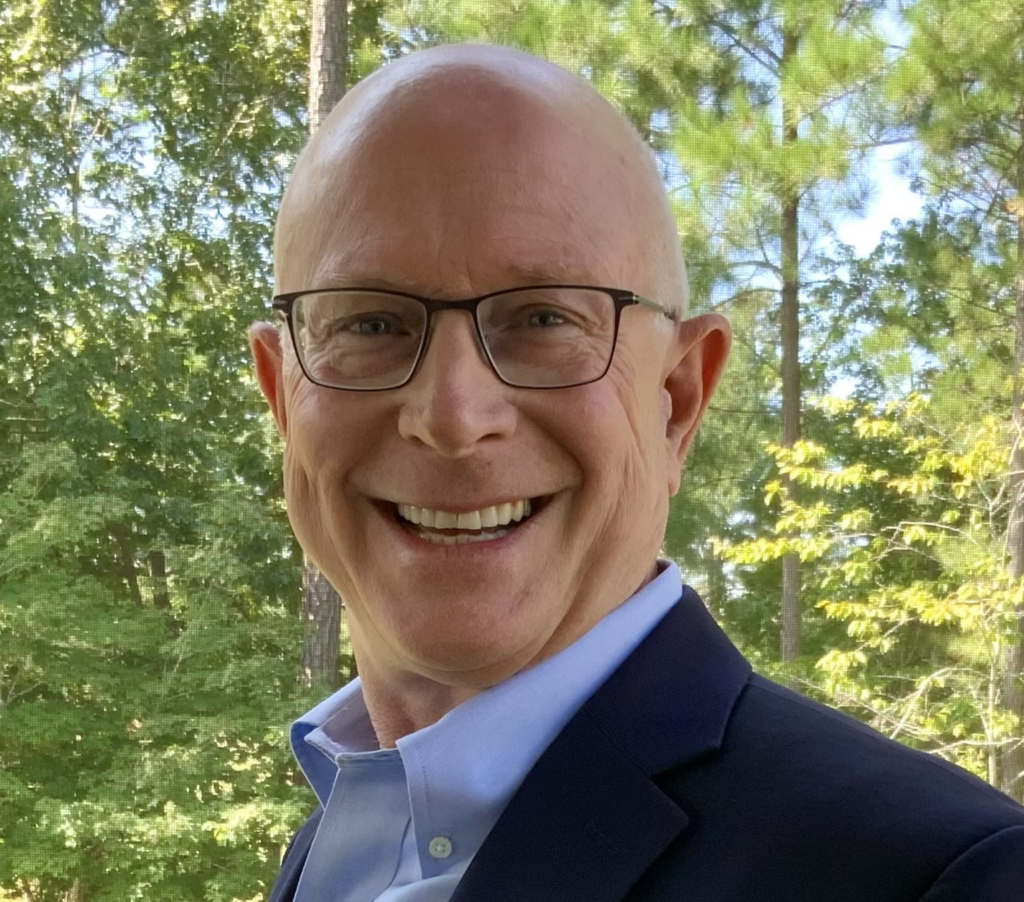
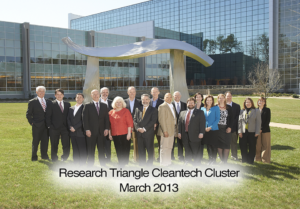
Tim Fairchild is the very embodiment of a cleantech champion, demonstrated through his impressive contributions to the cleantech field and his dedication to cultivating the success of others.
Tim has over 40 years of experience in energy, global supply chain, and related fields. He is currently supporting the next generation of cleantech leaders as Executive Advisor in the Supply Chain Resource Cooperative at North Carolina State University. Tim served in several roles throughout his more than 20 years at SAS, including as Director of SAS’s Global Manufacturing Industry Marketing and Global Energy Practices. Prior to SAS, Tim spent over 20 years in the technology industry at IBM, Compaq, Hughes Simulation Systems, and Texas Instruments and is a proud graduate of the University of Tennessee’s Haslam College of Business.
More important than his resume is his deep passion for this work—and the people doing it. Tim is one of RTCC’s founding directors and represented SAS on the Board for 9 incredible years. He has also served on the Industry Advisory Board of UNC Charlotte’s Energy Production Infrastructure Center (EPIC) and is an active alumnus of the University of Idaho’s Energy Executive Course and Summit.
Beyond his deep commitment to his work, Tim is a dedicated community member and wonderful all-around human. He currently serves as an Advisory Board Member of the UNC Center for Excellence in Mental Health and will be the first to tell you how you, too, can support our fellow humans. Tim is a lifelong learner and do leader whose passion brings out the very best in himself and others.
Cleantech Entrepreneurship
Recognizes an individual or team that has demonstrated innovation through the development of new technology or advancing existing technology that has the potential to disrupt traditional industries, create a cleaner planet, and improve the quality of life for people here in North Carolina or around the world.
Winner: DG Matrix
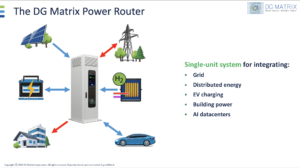

DG Matrix is redefining the EV charging, microgrid, and AI datacenter markets with revolutionary power electronics technology. The company’s core Power Router technology unlocks seamless integration of multiple energy sources and loads simultaneously with a single power-electronics unit that offers unparalleled versatility, efficiency, and size advantages.
Cleantech Research Innovation
Recognizes an individual or team from industry or within an institution of higher education that is pursuing a research-based solution to a pressing cleantech challenge.
Winner: Dr. Benjamin Wiley

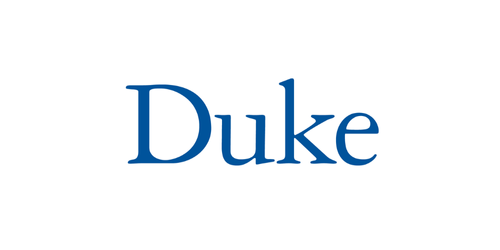
Dr. Benjamin Wiley’s work is focused on the reduction of industrial carbon emissions through the production of green hydrogen by splitting water with renewable electricity. Dr. Wiley’s work is focused on increasing the productivity of the electrolyzers used in green hydrogen. His research shows that innovative electrode and electrolyzer designs can boost hydrogen production 50-fold. This breakthrough cuts production costs, making green hydrogen a more viable solution for large-scale industrial decarbonization.
Cleantech Talent Development
Recognizes an organization or initiative that has made a significant contribution to developing talent, providing professional development, or fostering employment opportunities that support the cleantech industry in the region or state.
Winner: NC EVSE Sectoral Partnership
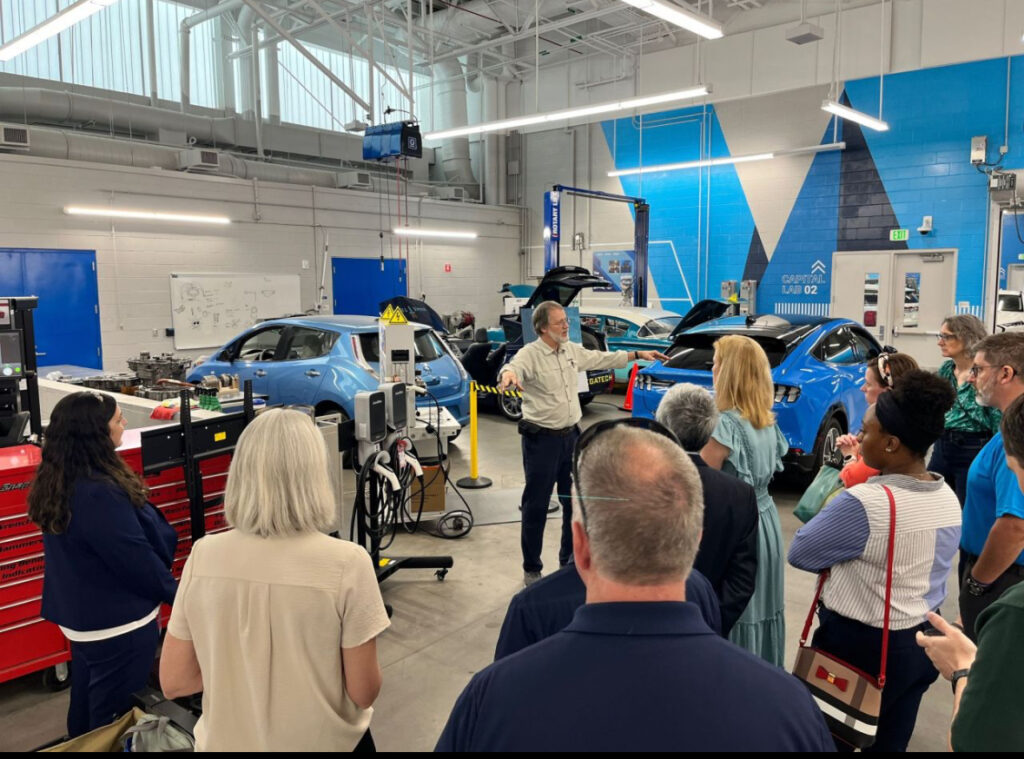
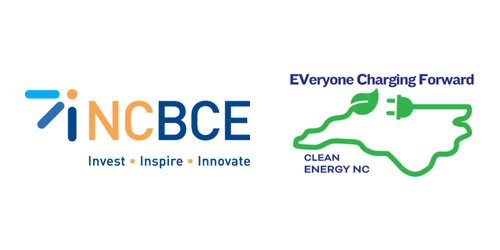
NCBCE leveraged a grant from the Siemens Foundation to develop and support the workforce in the EV charging sector. The NCBCE-led EV Sectoral Partnership brought together stakeholders and developed the groundbreaking EVSE Field Technician training course providing hands-on experience with EV charging equipment. The pilot program launched at Wake Tech in June preparing students for the SAE EVSE exam. A Train-the-Trainer course and supporting materials are being developed to scale the program across community colleges, alongside a new 100-hour foundational course that covers electrical, manufacturing, and renewable energy concepts.
Equity in Cleantech
Recognizes an organization or initiative that has demonstrated a strong commitment to equity in the implementation of a cleantech project.
Winner: Maureen Joy Charter School Bus Electrification
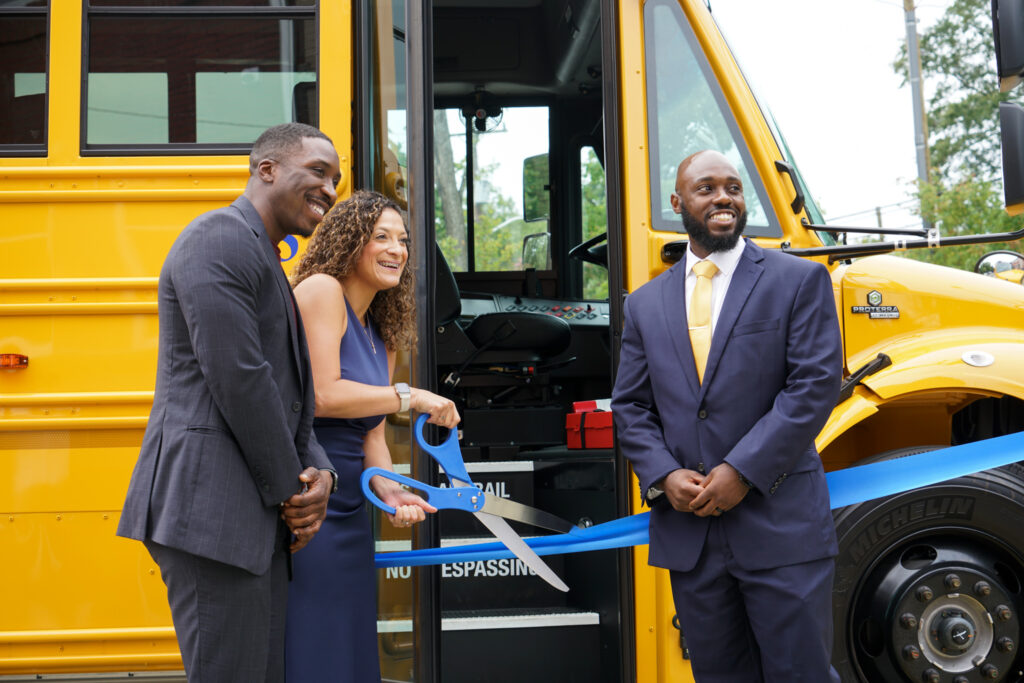
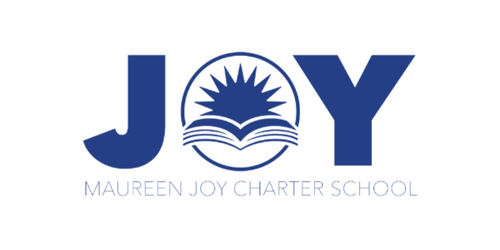
Maureen Joy Charter School in Durham, NC, is one of the nation’s first schools to launch a full fleet of electric buses, overcoming unique challenges in a historic district with the support of partners like Carolina Thomas, Utilities Partners of America, and Duke Energy. This pioneering initiative, which spanned over two years, has not only provided an environmentally sustainable transportation solution but also emphasized their commitment to health equity for their predominantly minority student body.
Diversity in Cleantech
Recognizes an organization or initiative that has made significant contributions to ensuring the cleantech workforce reflects the people it serves, pursues organizational approaches that are inclusive of a wide range of backgrounds and perspectives, or actively supports employees’ sense of belonging within the organization.
Winner: Center for Energy Education
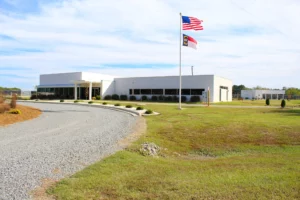
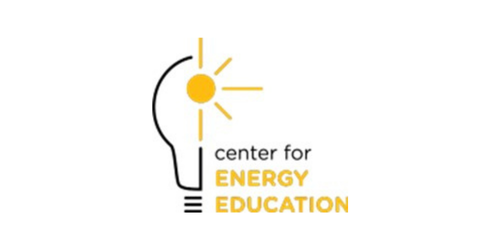
The Center for Energy Education, or C4EE, is a renewable energy education and workforce development nonprofit based in Roanoke Rapids that serves rural counties in northeast North Carolina. C4EE’s primary focus is educating the region about clean energy with goals of providing sustainable employment and environmental sustainability. Working side-by-side with a range of stakeholders—academic, business, industry, workforce associations, elected officials, and nonprofits—C4EE shapes its initiatives through conversations and commitment, fitting the needs of rural, underserved communities while accommodating the challenges of populations which are historically marginalized. C4EE’s programs are driving a clean energy future sustained by equitable participation in clean energy jobs.
Cleantech Impact: Energy
Recognizes an energy project that applies cleantech to create positive impacts for the environment, economy, and residents.
Winner: Project Lightyear
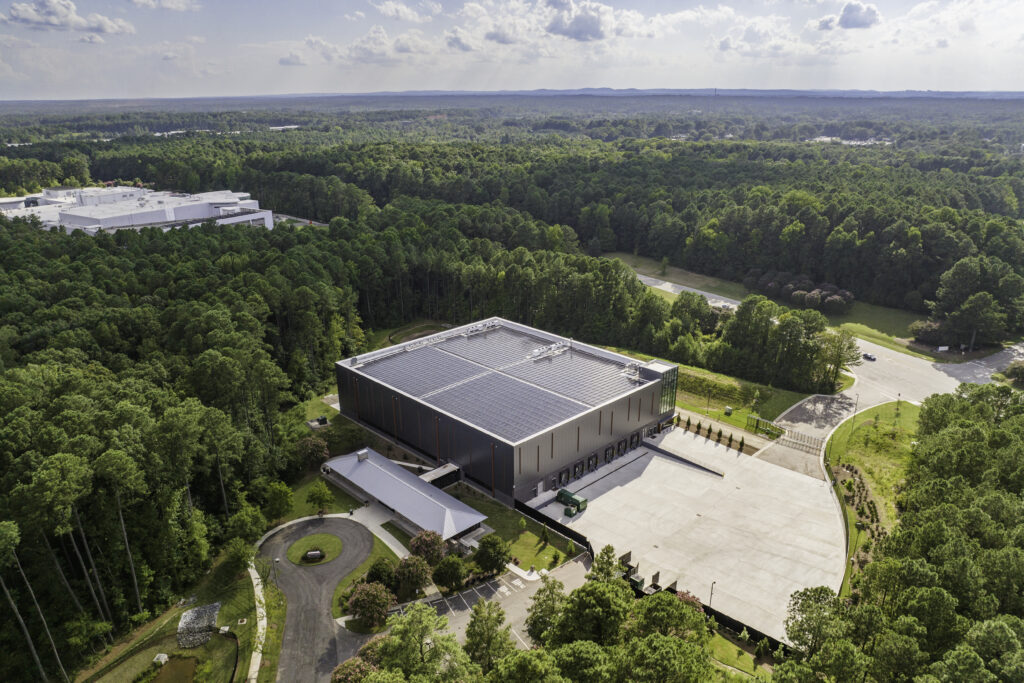
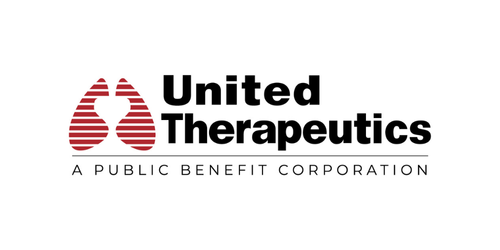
United Therapeutics 55,000 gross square feet, Good Manufacturing Practices (GMP) cold storage warehouse and distribution center located in RTP serves as a model for corporate sustainability. The fully electric, fossil-fuel free site includes onsite solar, geothermal wells, and battery backup among other features.
Cleantech Impact: Transportation
Recognizes a transportation or mobility project that uses innovative cleantech solutions to create positive impacts for the environment, economy, and residents.
Winner: Town of Carrboro 2024 Street Resurfacing Project

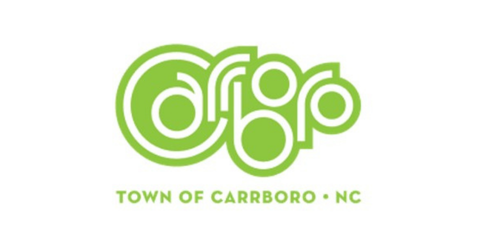
In 2024, the Town of Carrboro shifted towards an annual pavement management strategy rather than a traditional pavement overlay program. This shift allowed staff to consider the deployment of Pavement Technology’s PlusTi solution, which helps extend pavement life while also providing the environmental benefits of smog reduction and urban heat island mitigation.
Cleantech Impact: Water
Recognizes a water, wastewater, or stormwater project that applies cleantech solutions to create positive impacts for the environment, economy, and residents.
Winner: FOG2Fuel
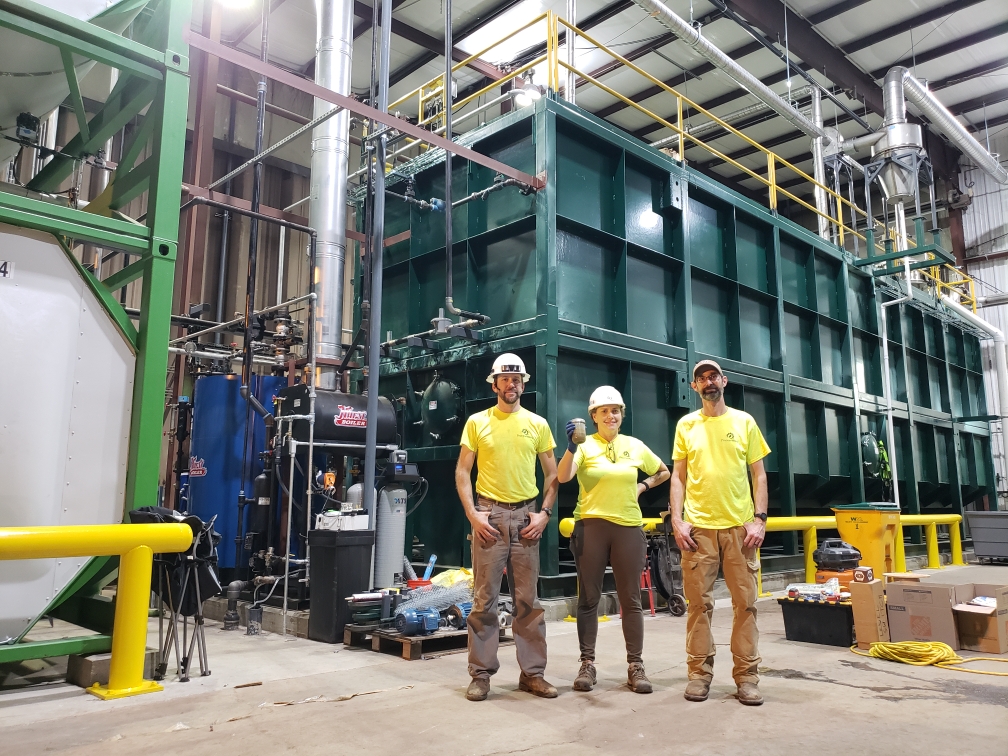
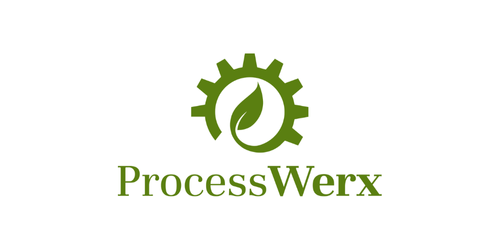
The ProcessWerx fats oils and grease recovery and wastewater project was designed for and provided to WM for its FOG2Fuel® Program. The project exemplifies a state-of-art cleantech solution by delivering real-world environmental, economic, and community impacts. The FOG2Fuel® system can handle up to 60,000 gallons of FOG wastewater per day. This solution not only generates biofuel but also delivers treated wastewater suitable for sewer disposal.
Cleantech Impact: Local Government
Recognizes a local government that has effectively leveraged resources and partnerships to complete an innovative project or initiative deploying cleantech solutions to create positive impacts for the environment, economy, and residents.
Winner: Sustainable Facilities Policy Revision – Beneficial Electrification
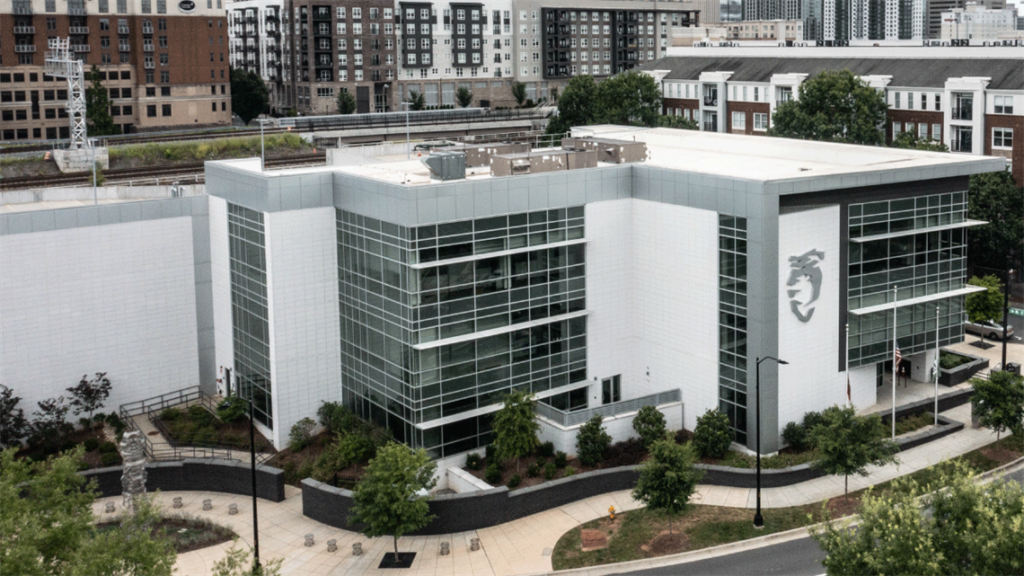
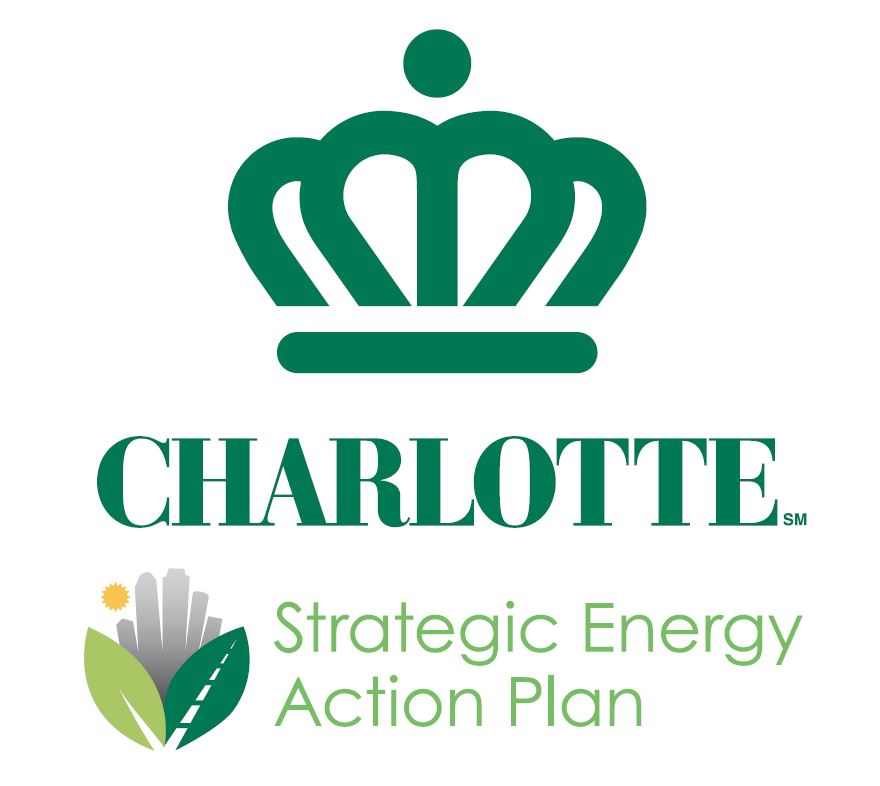
The City of Charlotte’s Sustainable Facilities Policy Revision – Beneficial Electrification, builds on the elements of the 2021 policy with a focus on the way the City constructs new buildings, completes major renovations, and operates and maintains city buildings. The most notable update is in building decarbonization, now requires all new buildings be powered exclusively by electricity, which means no direct combustion of carbon-emitting fuels.
Cleantech Impact: Economic Development
Recognizes a cleantech organization that has accelerated economic growth in the region or state.
Winner: Natron Energy


Natron Energy, Inc., is the only commercial manufacturer of sodium-ion batteries in the U.S. In 2024, Natron announced it will invest $1.4 billion to establish a sodium-ion battery giga-factory at the Kingsboro CSX Select Megasite in Edgecombe County, North Carolina. The project will create more than 1,000 jobs with an annual payroll impact near $77 million. This transformative project is a huge win for eastern North Carolina and will yield dividends for years to come.

